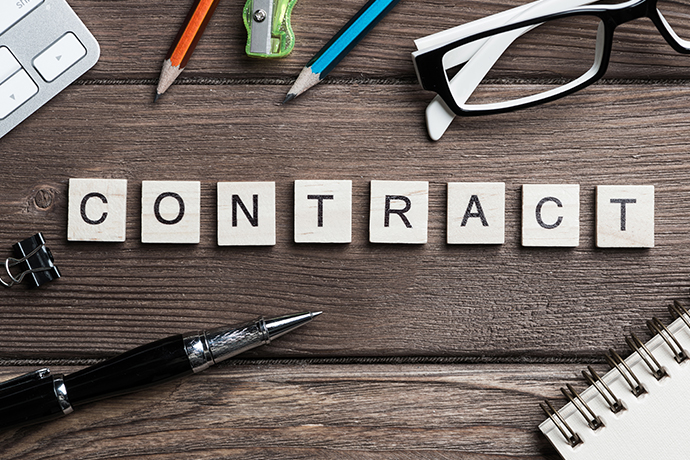 SPEAKERS
SPEAKERS
 TOPICS
TOPICS
Learn what to include and avoid in your speaker contract for a seamless event. Build trust with the right speaker agreement template.

Hiring a speaker for your event might seem simple at first, but in reality, it involves a great deal of planning and preparation. One of the most crucial elements in this process is establishing a clear and comprehensive speaker contract. Whether you organize conferences, corporate events, or educational workshops, you need a strong speaker agreement template that safeguards the interests of both you and the speaker.
In this guide, we explore what to include in speaker contracts, which pitfalls to avoid, and how you ensure a seamless engagement with your chosen speaker.
A speaker contract outlines the terms, expectations, and obligations agreed upon by both parties. When you clearly define what each party is responsible for, you reduce the risk of miscommunication or disputes.
Using a well-structured speaker agreement template allows you to stay consistent across engagements. It also saves you time and provides a legal foundation in case complications arise.
What to Include in Speaker Contracts
You might wonder what to include in speaker contracts to make sure you’re covering all bases. Below are the essential components every professional agreement should have:
You always begin with the basic information: the speaker’s full name, contact details, and the exact date, time, and location of the event. You also note the name of your organization and the main point of contact.
You specify the subject the speaker will cover, along with the type of presentation – keynote, panel, workshop, or virtual session. Defining this early prevents last-minute surprises.
The contract must detail the speaker's fee, when and how you pay it, and whether the speaker is responsible for booking their own travel and accommodation. If you reimburse expenses, you list which items are covered and what documentation is required.
Will the speaker provide a slide deck? Do you need the materials by a specific date? Clarifying deliverables ensures you stay on schedule and avoid delays in promotion or logistics.

You ask the speaker what technical equipment they need. This might include microphones, projectors, or access to Wi-Fi. If they plan to show videos or interact with the audience, you account for that in your AV setup.
This section is vital. You set out what happens if either party cancels, what notice must be given, and what fees (if any) are non-refundable. You also address unexpected circumstances beyond anyone’s control, like illness or travel disruption.
Many events are recorded or live-streamed. You clarify who owns the recording, how it will be used, and whether the speaker consents to their talk being published or shared afterwards.

You maintain your event's professionalism by including expectations around respectful behaviour, punctuality, and language. This protects your audience and brand reputation.
Especially for corporate or internal events, you need to outline confidentiality terms. If the speaker accesses sensitive information, they must agree not to share it.
Finally, both parties sign and date the agreement. You may also include legal boilerplate covering applicable law, dispute resolution, and termination rights.
Even with a solid speaker agreement template, some organizers overlook key areas. Here’s what you should avoid:
When planning events, you may be inspired by professionals with extensive experience in their fields. Consider the following individuals when choosing keynote speakers:
Mentioning such speakers in your agreements not only ensures clarity but also shows respect for their professionalism.

Crafting a speaker contract also means you understand the art of presentation. As discussed in this blog on public speaking, speakers must connect with audiences in meaningful ways. When you define expectations clearly, you help them deliver their best work.
For example, if you book a high-energy motivational speaker, you must ensure the event's environment – lighting, audience layout, timing – complements their style. Your contract should account for that.
Having a speaker agreement template on hand makes future engagements more efficient. You update basic event details while keeping core legal and operational clauses intact.
Templates also ensure your team remains aligned. If multiple departments are involved in organizing events, a shared contract model prevents gaps and confusion.
When you learn what to include in speaker contracts, you gain confidence in managing relationships. You build smoother workflows, and you create positive experiences for both speakers and audiences.
A professional speaker contract isn’t just paperwork—it’s a roadmap to a successful event. You avoid conflict, manage expectations, and provide your speaker with the structure they need to shine.
By using a clear, well-thought-out speaker agreement template and by understanding what to include in speaker contracts, you turn good planning into great delivery.